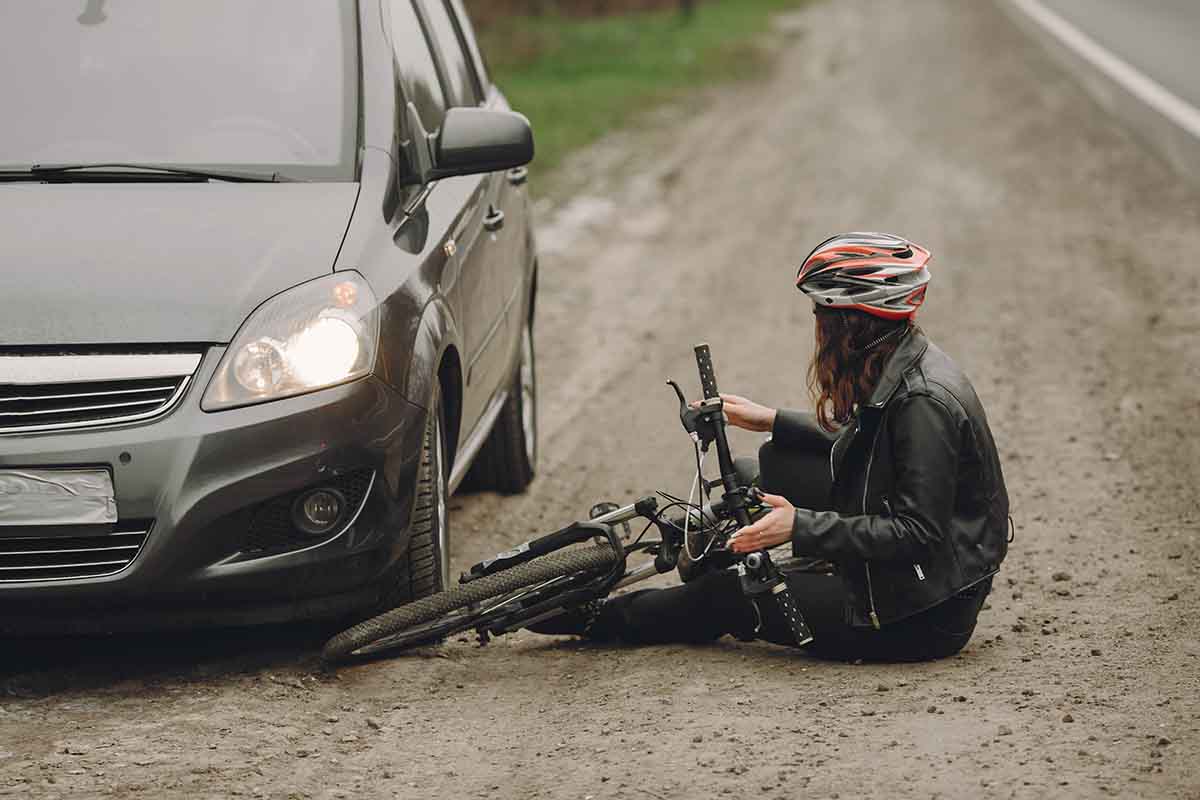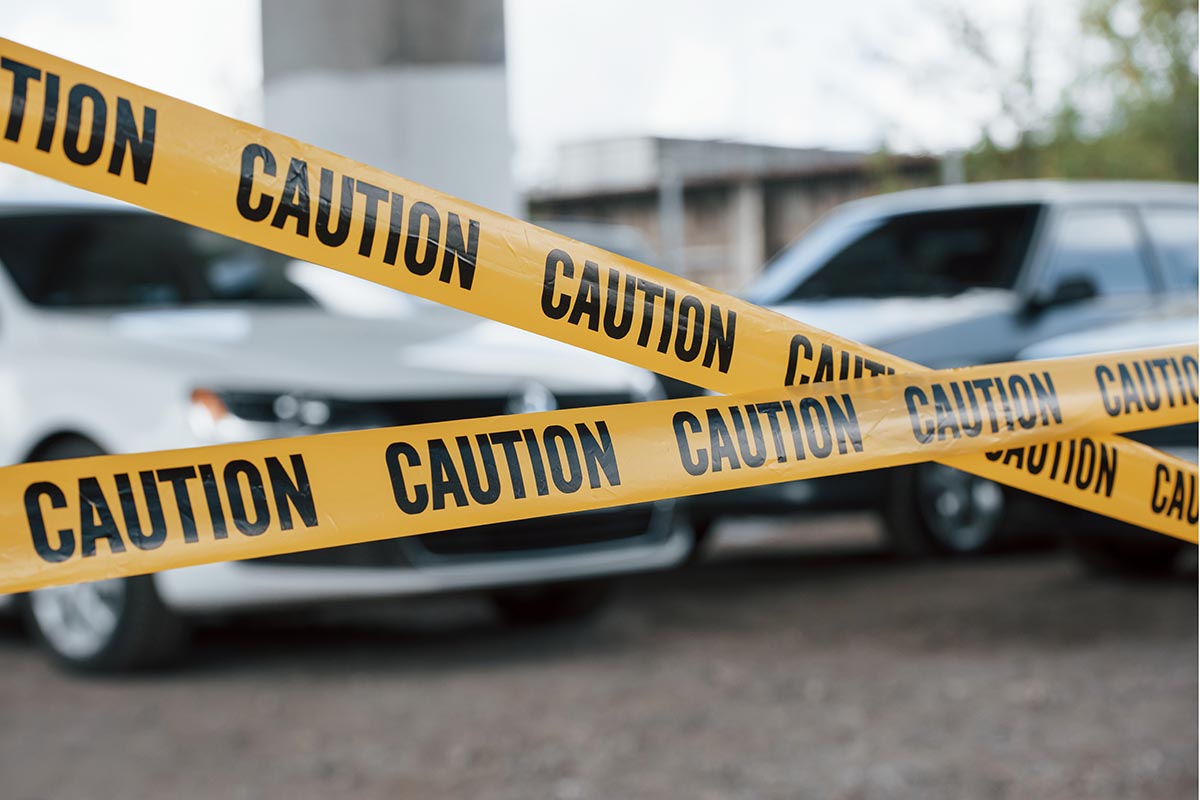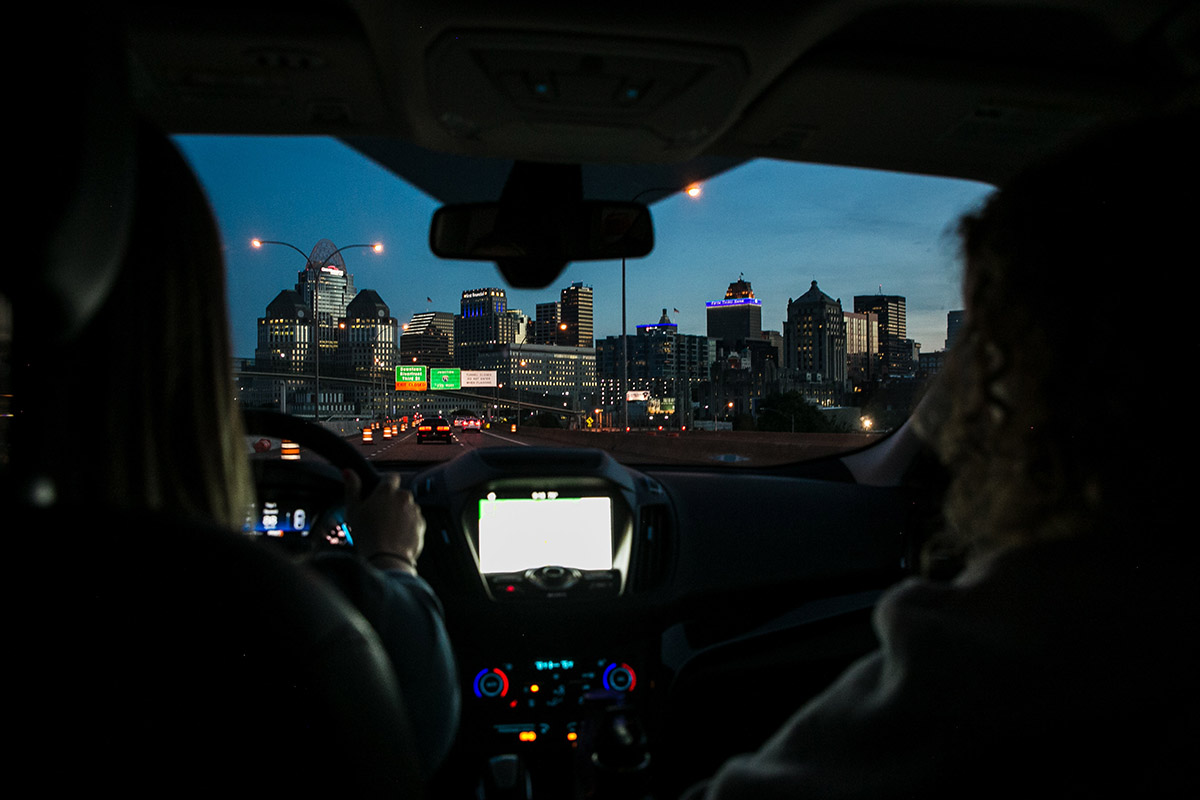How Road Accidents Cause Schizophrenia: The Shocking Truth
You may not have known this, but road accidents can cause schizophrenia. It’s a little-known fact, but becoming more and more well-known as researchers study the link between the two.
Road accidents are a significant cause of injury and death globally, so it’s essential to understand the potential risks they pose to our mental health. Let’s explore the link between road accidents and schizophrenia and discuss some of the possible reasons why this connection exists.
What Is Schizophrenia?
Schizophrenia is a mental illness that negatively affects how you think, feel, and act. It distorts your perception of reality and interferes with daily life. On the positive side, schizophrenia is treatable in most cases.
The exact causes are not yet clear, but research has shown that schizophrenia is likely caused by a combination of environmental and genetic factors. Studies have also shown that road accidents can cause schizophrenia.
How Car Accidents Cause Schizophrenia?
Road accidents are one of the most common causes of brain injuries. A head injury can damage the brain, leading to changes in behavior, personality, or thinking ability, including memory loss, mood changes, and depression.
There is a specific type of head injury called moderate traumatic brain injury (TBI). It occurs when the brain receives an impact from an external force that injures it directly. The most common causes are road accidents like car crashes or falls.
When you have this accident, your brain may be injured, and the frontal lobe is often damaged. The frontal lobe controls your personality, planning abilities, memory functions, emotions like happiness or anger, attention span, and more.
A moderate TBI can cause changes in these critical functions of a life controlled by the brain. It can also lead to a mental illness such as schizophrenia. If you or a loved one has been involved in a collision, besides speaking to a well-versed Austin Car Wreck Lawyer to assist you on your legal rights and claims, seeking immediate medical attention is of utmost importance.
How to Treat Schizophrenia? 
Schizophrenia can be treated with medication and psychotherapy, but it cannot be cured. Medication helps balance the chemicals in your brain that control moods, thoughts, and behavior. Psychotherapy enables you to manage symptoms like hallucinations or delusions by talking about them with a therapist.
Medication
Medication is the first line of treatment for schizophrenia, and it helps reduce symptoms. The most common medications used to treat schizophrenia are antipsychotic drugs, which block dopamine receptors in the brain that cause hallucinations or delusions.
Psychotherapy
Psychotherapy can also help you cope with schizophrenia symptoms like depression or anxiety and develop coping strategies for dealing with stressors in life that may trigger hallucinations or delusions.
A combination of therapy and medication can help you live a productive life, even if you have schizophrenia. It’s essential to be open with your doctor about any side effects from the medications and talk through them as they come up, so they don’t get worse over time.
Can Schizophrenia Be Caused By A Car Accident?
You may not have considered it before, but a car accident could be to blame for your loved one’s schizophrenia. Believe it or not, this is a legitimate cause of the disorder and should be considered if you are looking for potential causes.
Studies have found that there is a link between road accidents and schizophrenia. The risk of developing schizophrenia increases by 41% after a severe car accident. This is because a car accident can cause physical and psychological injuries that lead to the development of schizophrenia.
The most common psychological injury caused by a car accident is Post-Traumatic Stress Disorder (PTSD). PTSD can occur after any traumatic event, but car accidents are the most common cause.
PTSD is often accompanied by hallucinations and delusions that can lead to schizophrenia if left untreated. This is because PTSD causes changes in brain functioning, making it easier for schizophrenia symptoms to develop.
Several physical injuries can result from a car accident, leading to schizophrenia. Injury to the head or brain is one of them and can cause damage that leads to a higher risk of developing schizophrenia.
How Do I Know if My Car Accident Caused Schizophrenia?
If you want to know if your car accident caused schizophrenia, it’s best to go back through medical records and determine the timeline of events. This will help you figure out a link between your accident and schizophrenia or if another factor caused it.
If you can’t access medical records from your car accident, try talking to witnesses who saw what happened after the crash. They might be able to tell you if your loved one was acting any differently afterward.
If a car accident caused schizophrenia, then there is a chance that it could have been prevented by seeking help sooner after the crash. If your loved one didn’t seek help for their PTSD or physical injuries, these issues could have progressed into schizophrenia over time, and this is why early intervention is vital.
If you are worried about a loved one who has been involved in a car accident, it’s essential to get them help as soon as possible. This may include talking to a doctor or therapist about the possibility of schizophrenia and seeking treatment for any psychological or physical injuries.
It can be hard to come to terms with the fact that a car accident may have caused schizophrenia, but it’s important to remember that help is available. Your loved one can overcome this disorder and live a happy and healthy life with the proper treatment and support.
How Road Accidents Cause Schizophrenia: Final Words
Road accidents can cause schizophrenia, which negatively affects how you think, feel, and act. There are medications to treat this condition, and psychotherapy can help you develop coping strategies for dealing with stressors in life that may trigger hallucinations or delusions. You should seek immediate medical attention after any collision or fall.




















